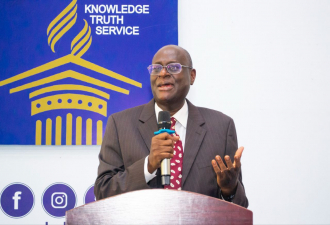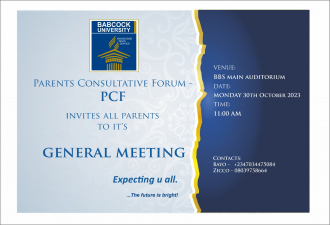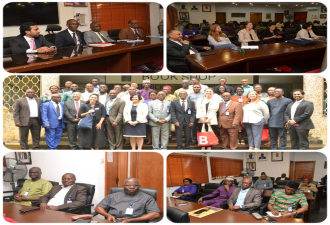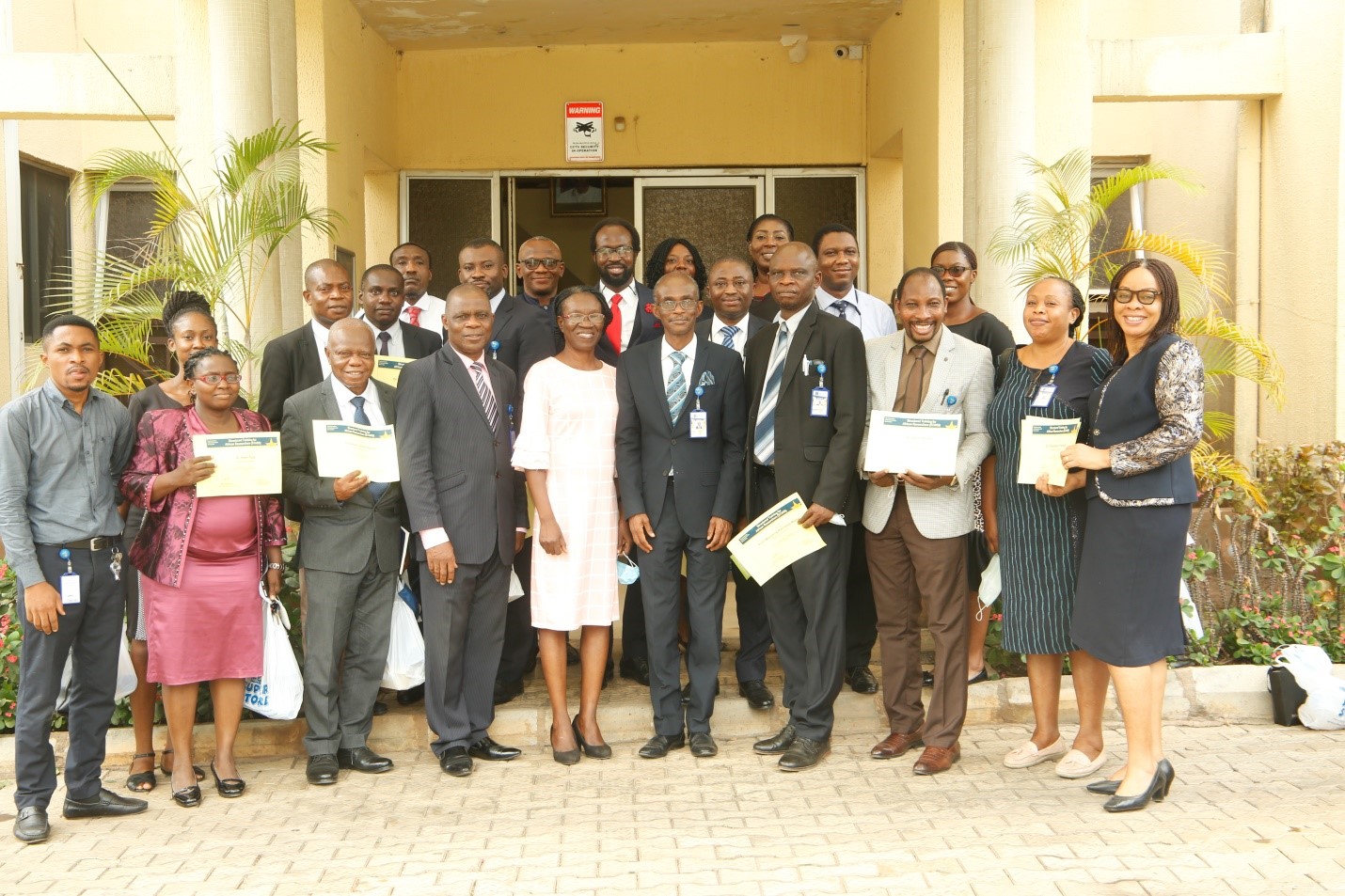In line with the mandate of the Office of Research, Innovation and International Cooperation in building capacity of researchers at Babcock University, the Office organized a virtual capacity training for Clinicians at the College of Health and Medical Sciences, Babcock University. This training focused on the nine Modules designed by the Association of Commonwealth Universities for Structured Training for African Researchers (STARS). The STARS project aimed at providing support to early career academics in the areas of research. It also helps to develop and refine professional development for academic staff early in their careers. The 9 modules include:
1. Identifying your research niche and getting started with research plans
2. Finding funding, developing proposals, and your first grant application
3. How do you manage a research project?
4. Researcher, Teacher, Administrator, Parent, Managing your time
5. Building effective collaboration and establishing partnerships
6. Getting your work in print: Writing and publishing for academic audiences
7. Beyond the University: Communicating and presenting research to non-academic audiences
8. Ethics in academic life
9. Supervision
The virtual training started on the 10th of March, 2021 and the graduation was held on the 2nd of June, 2021. A total of 20 members of faculty from the College of Health and Medical Sciences participated in the training. In attendance at the graduation ceremony was;
i. President/Vice Chancellor, Babcock University- Professor Ademola S. Tayo
ii. Senior Vice President Academices- Professor Philemon Amanze
iii. Provost, College of Health and Medical Sciences- Professor Barnabas Mandong
iv. Dean, School of Clinical Sciences- Professor James Renner
v. Facilitators; Director, Research, Innovation and International Cooperation- Professor Grace Tayo, Dr Seun Ebiesuwa, Mr Samuel Dada, Dr Ayodele Kolawole and,
vi. Graduands



